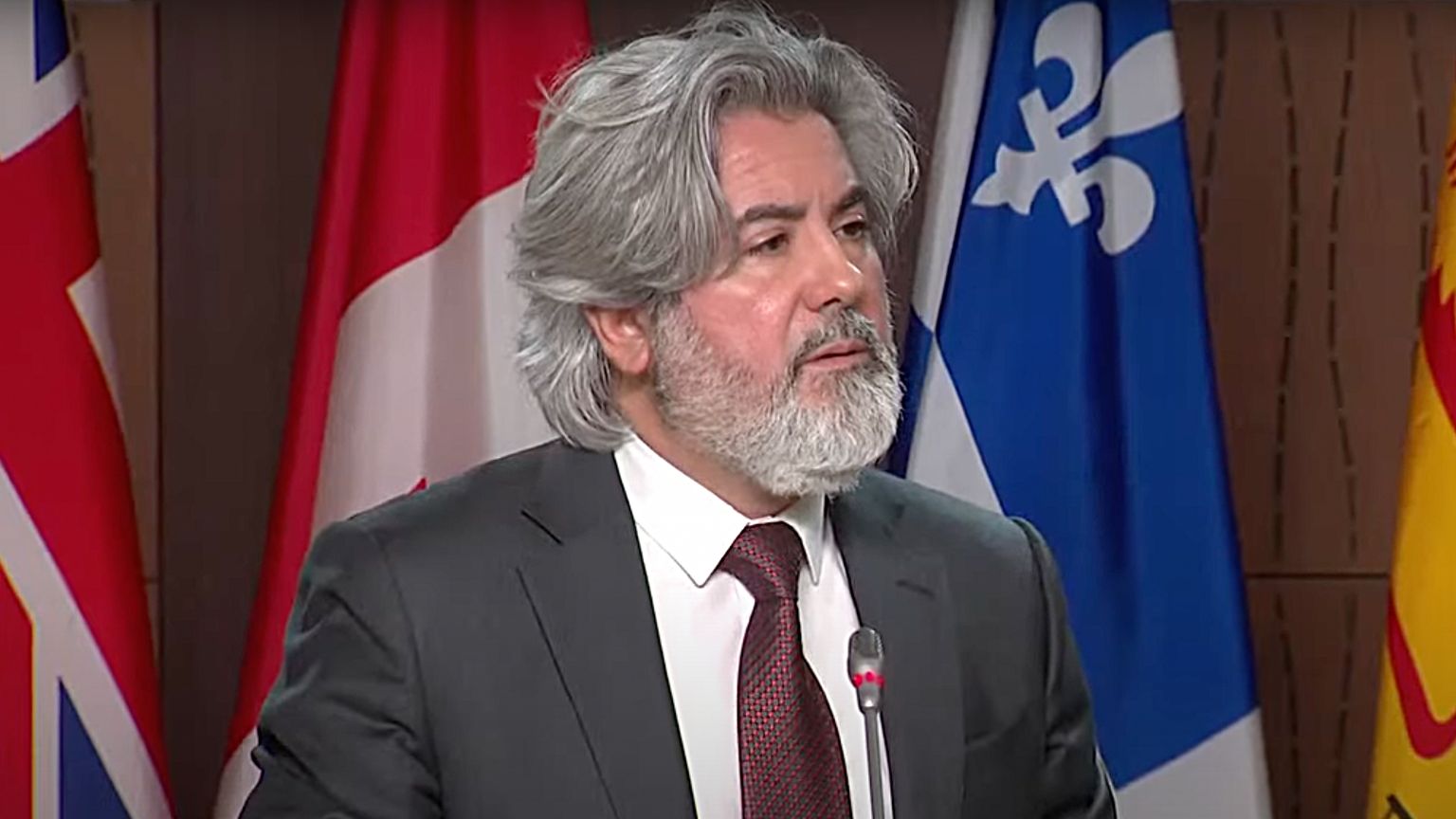In another effort to control the content consumed by people online, the Canadian government announced a $2.4 million funding to combat “harmful online disinformation.”
In a statement, the Heritage Ministry said the project’s purpose is to promote “civic, news, and digital media literacy through funding third-party educational activities and programming to help citizens become resilient against disinformation.”
Heritage Minister Pablo Rodriguez said the project was inspired by a desire to “have a common set of facts.”
“These projects will give Canadians skills and tools to tell fact from fiction online. We live and work better as a society when we have a common set of facts,” he said.
The money will fund 11 projects, including Max Bell School of Public Policy at McGill University, Toronto Metropolitan’s Leadership Lab, Concordia’s Project Someone. Other organizations that will receive the funding include Digital Public Square, DisinfoWatch, and CIVIX.
They will engage platforms to discuss disinformation and produce online courses and podcasts on the topic.
Meanwhile, the liberal government is looking to pass several internet censorship laws, most notably, Bill C-11, which amends the Broadcasting Act and will result in user-generated content being regulated by the Canadian Radio-television and Telecommunications Commission (CRTC).
The government is also consulting with a panel of 12 “experts” to help draft a law that will address “online harms.”










